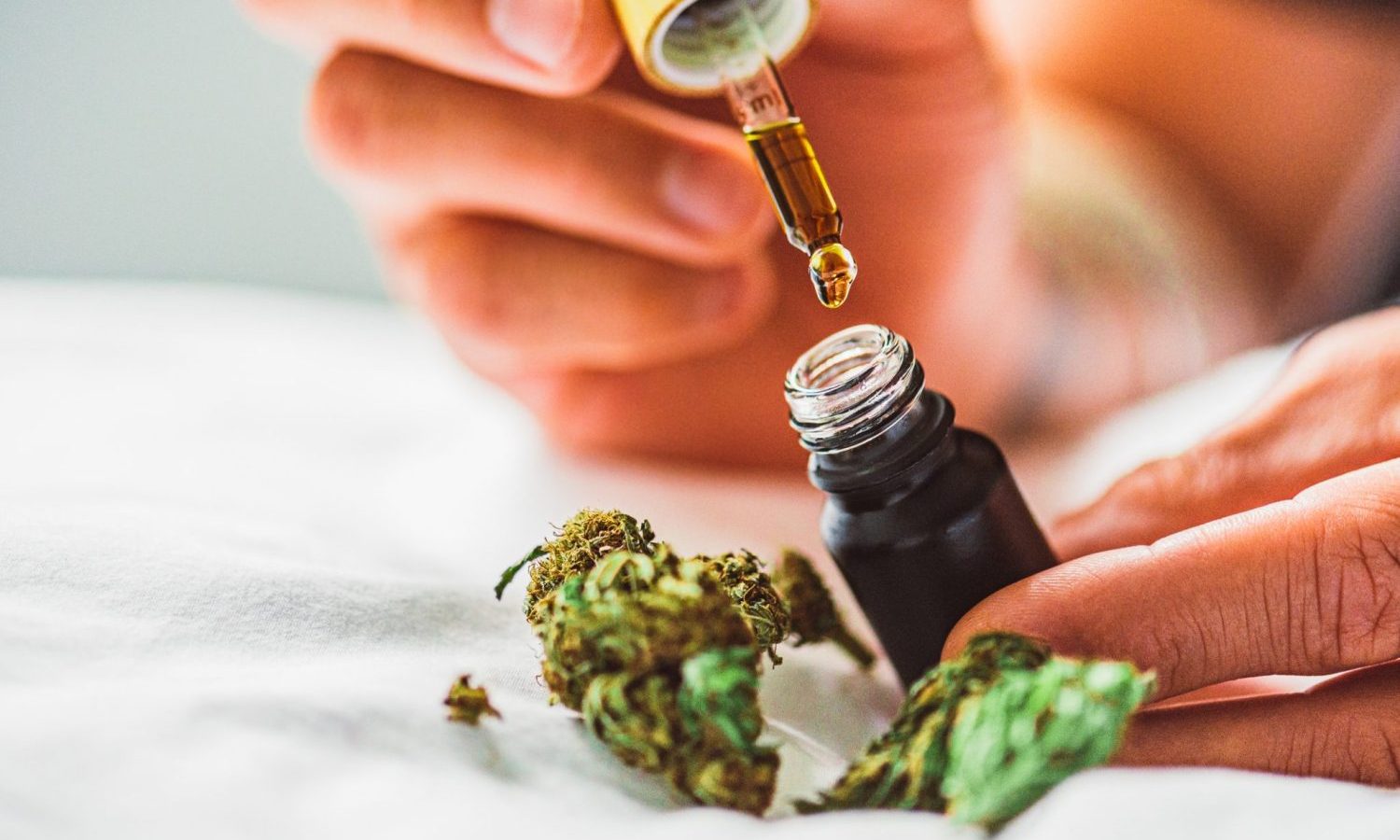In a recent hearing, the head of the FDA said the organization needs support from Congress in order to move forward with CBD, a topic they’ve been stuck on for years.
CBD has been one of the fastest-growing markets in recent years. It’s also confusing and poorly regulated, with hundreds of knockoffs and regulations that vary depending on state and company.
The head of the Food and Drug Administration (FDA) said that not much progress has been made by the agency, but calls out Congress for its lack of support.
Marijuana Moment reports that Dr. Robert M. Califf made a statement in a hearing discussing CBD regulation. The statement was prompted after Representative Dan Newhouse said that there was a lot of confusion surrounding CBD, primarily due to the FDA’s lack of regulation on the matter.

RELATED: FDA Rejects CBD As A Dietary Supplement — Are They Right Or Wrong?
“It looks pretty much the same in terms of where we are now,” said Califf. “We just know more because we’ve done more research.” He said that FDA’s funds are currently trying to spot the risks of CBD and that, in order to move forward, the organization will need more leeway from Congress.
“I don’t think the current authorities we have on the food side or the drug side necessarily give us what we need to have to get the right pathways forward,” he added. “We’re going to have to come up with something new. I’m very committed to doing that.”
The FDA has been very slow in regulating CBD and other cannabis elements, an issue that has affected many businesses. While CBD is hemp-derived and thus legal, it’s not FDA-approved. Still, Califf said that he and his organization is looking forward to devising creative ways to address the topic of CBD.
RELATED: 6 Facts About CBD That You Might Not Know
Last December, the FDA reiterated that CBD shouldn’t be added to foods or dietary supplements, claiming more research was necessary. Recently, the organization has been busy debunking claims from CBD companies that the compound can cure illnesses, among them COVID-19. “Failure to adequately correct any violations may result in legal action, including, without limitation, seizure and injunction,” reads an FDA cease and desist letter.


